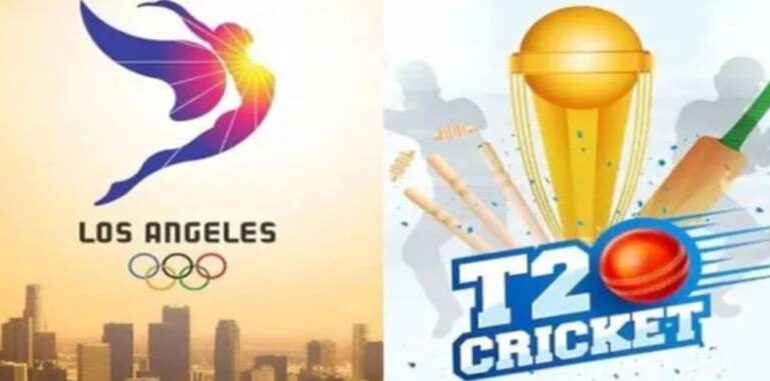
Cricket Returns to Olympics After 128 Years as LA28 Unveils Match Schedule
Los Angeles – July 16, 2025: Cricket is officially set to make a historic comeback to the Olympic Games after a 128-year hiatus, with organizers of the Los Angeles 2028 Summer Olympics unveiling the complete match schedule for the highly anticipated cricket tournament.
Cricket last appeared in the Olympics during the 1900 Paris Games, where only two teams—Great Britain and France—played a one-off two-day match. In 2028, the sport returns in a reimagined T20 format, featuring both men’s and women’s tournaments with six teams each.
The cricket competition at LA28 will take place at a purpose-built temporary stadium located at the Fairplex grounds in Pomona, about 50 kilometers from downtown Los Angeles. The venue is expected to host a global audience with double-header match days, scheduled for 9:00 AM and 6:30 PM local time.
Each team will field a 15-member squad, bringing the total number of participating cricketers to 180. With its fast-paced and spectator-friendly format, T20 cricket promises to be one of the standout attractions of the 2028 Games.
The cricket tournament will span several days, with scheduled rest days on July 14 and July 21, allowing teams recovery time amid the busy Olympic calendar.
Key Highlights of Olympic Cricket at LA28:
Cricket returns to Olympics after 128 years (last played in 1900)
Six teams each in men’s and women’s competitions (12 total)
T20 format selected for its global popularity and fast pace
180 players expected to participate (15 per team)
Venue: Temporary stadium at Fairplex, Pomona
Match timings: 9:00 AM and 6:30 PM local time
No matches on July 14 and July 21 (designated rest days)
This inclusion is widely seen as a major victory for the global cricketing community and a landmark moment in the sport’s ongoing push for international growth and recognition.
Cricket’s Olympic debut in the T20 format is expected to bring millions of new viewers to the sport, particularly from nations where cricket is not traditionally followed.






